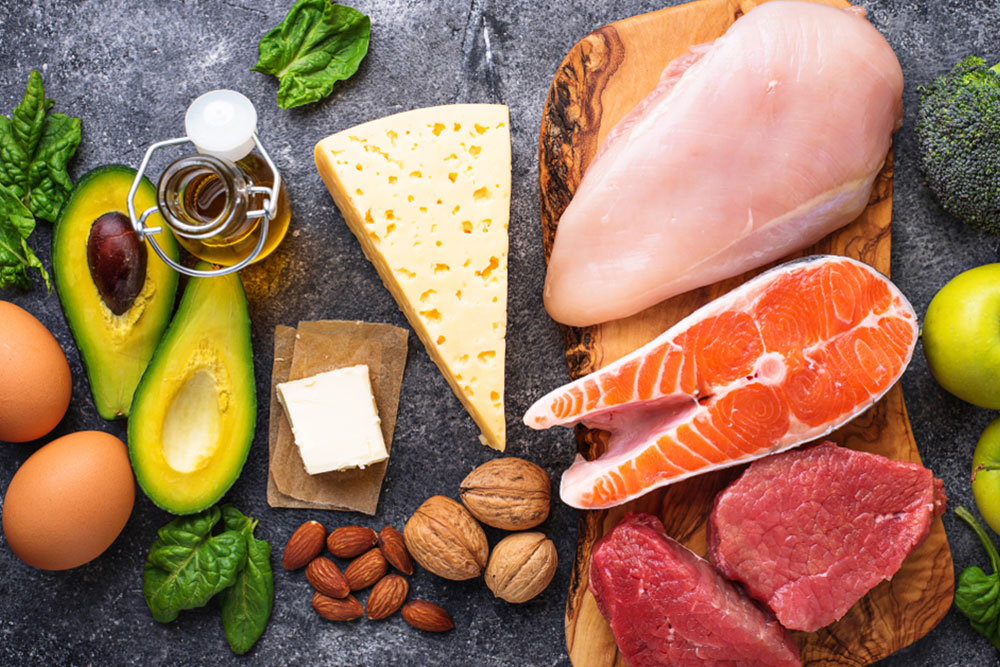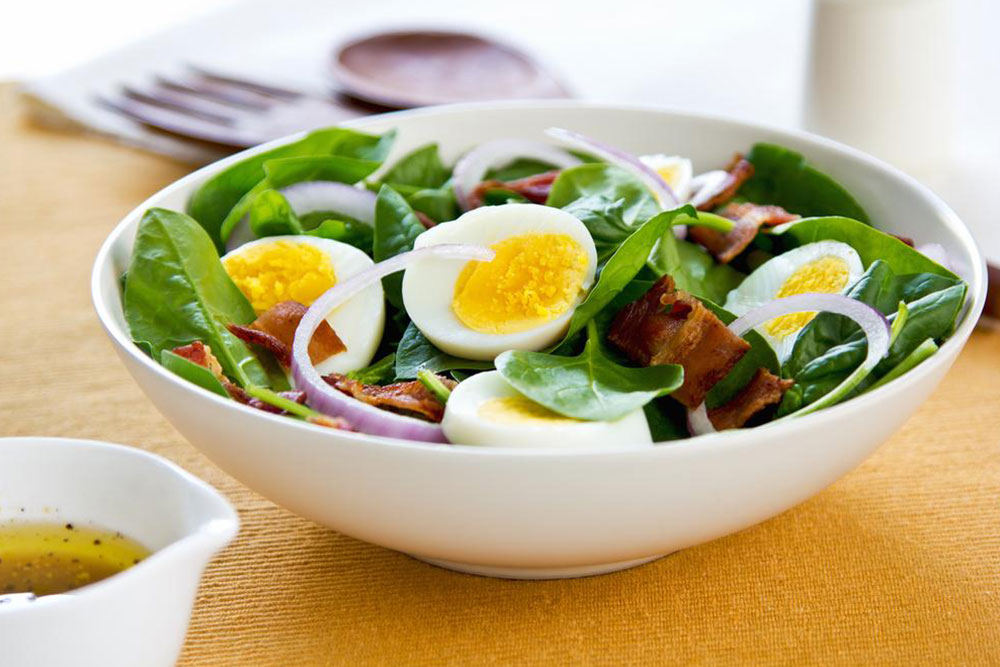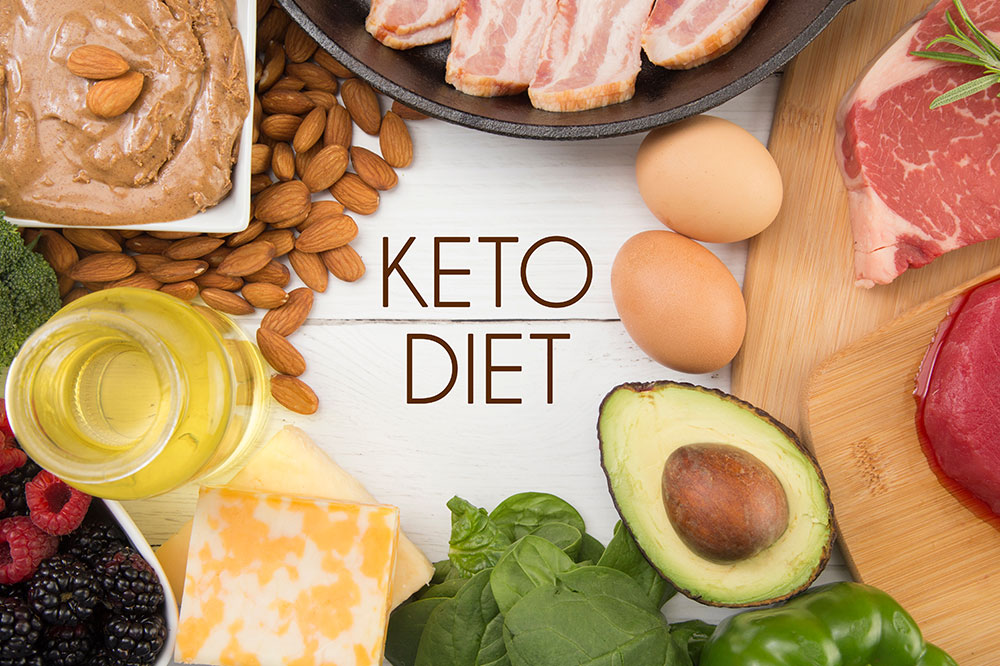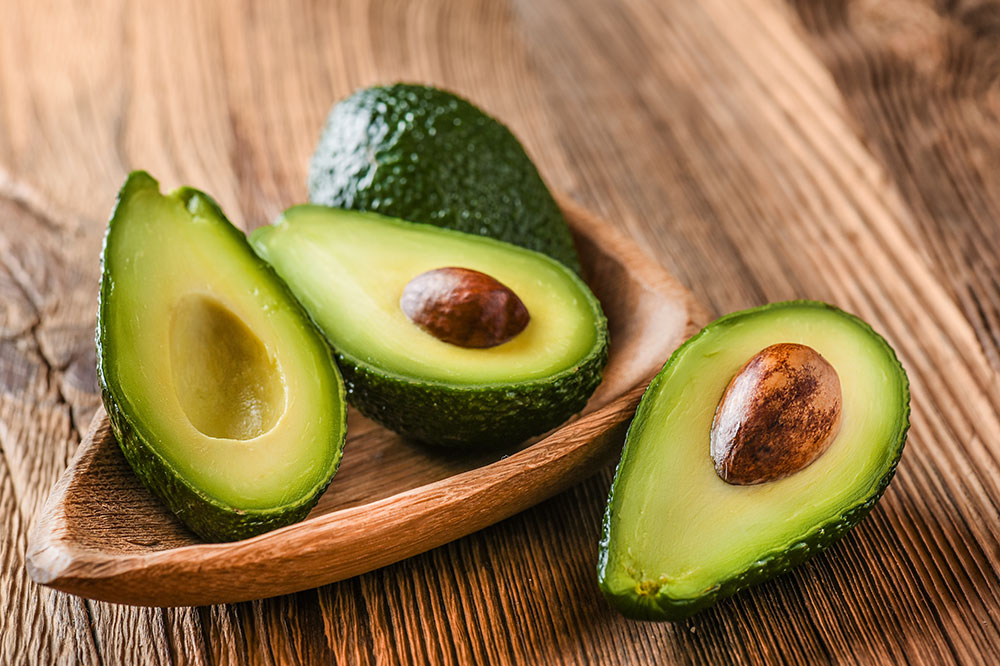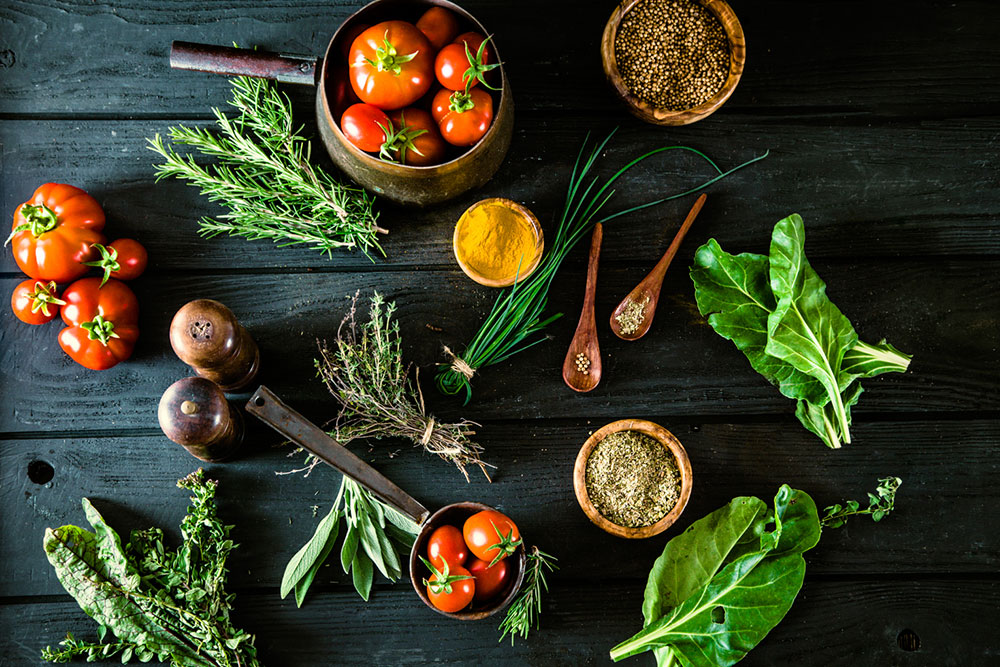Nutrition Tips That Help Manage Kidney Problems
Millions of people worldwide who are affected by kidney issues need to avoid some foods to slow down the damage. A diet for dealing with such diseases should include foods that are easier to metabolize by the kidneys and restricts other foods and fluids that could put a strain on these organs. Here are a few nutrition tips that go a long way when considering foods to have and avoid when planning a diet for kidney disease.
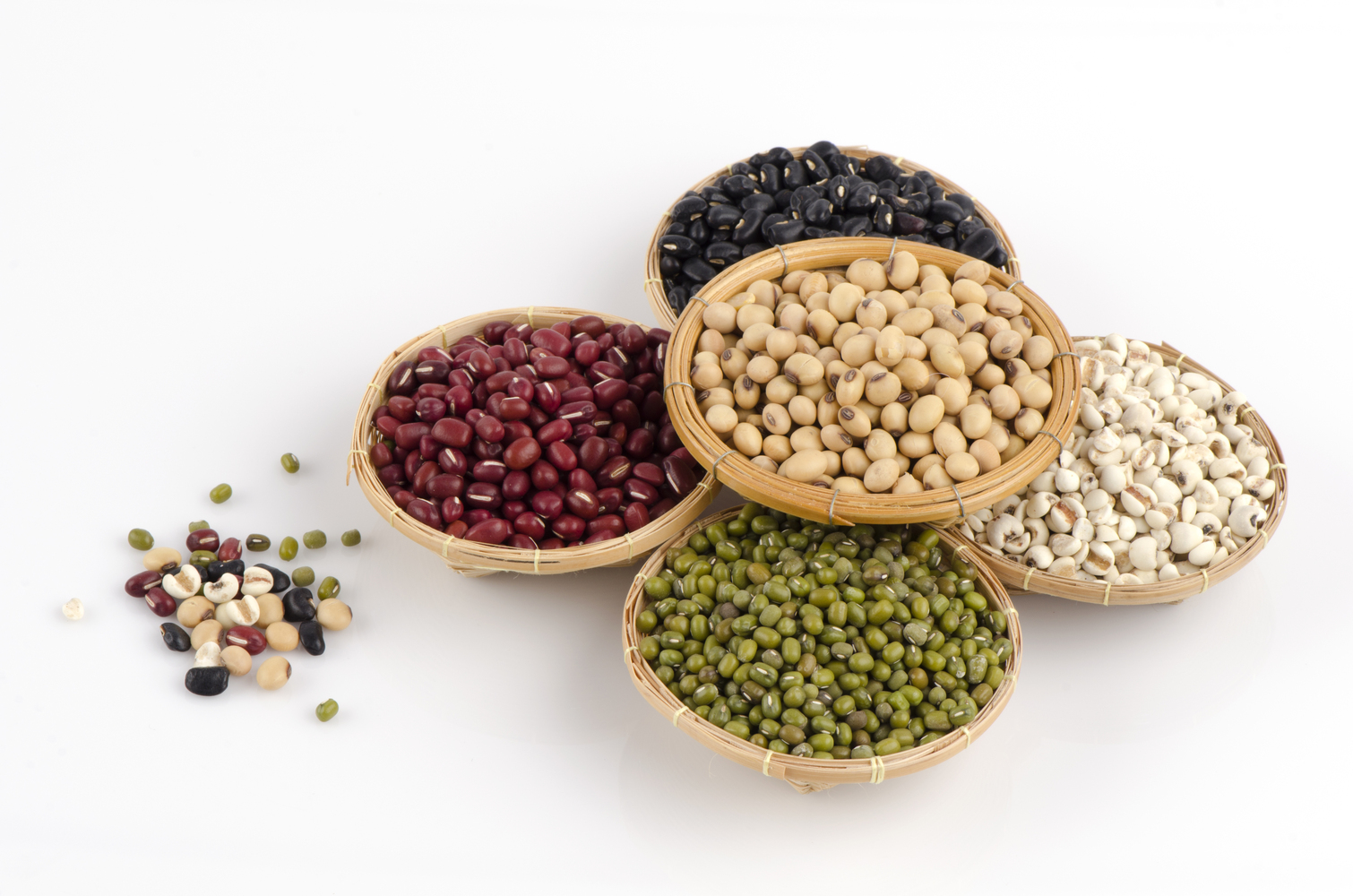
Always opt for low-sodium foods
Compromised kidneys cannot maintain a balance between sodium and water levels, which can result in the buildup of fluid in the body. A meal plan that’s high in sodium can lead to swollen lower ankles, puffiness, high blood pressure, issues with breathing, and fluid accumulation in the heart and lungs. An ideal diet for kidney disease should contain less than 400 milligrams of sodium in a single meal. There is no shortcut for monitoring sodium in your foods, so always follow these general tips:
Check labels to know if a particular food has a high sodium content
Control your serving size
Use fresh foods instead of packaged, processed, and frozen foods
Opt for fresh fruits and vegetables compared to canned ones.
Replace extra salt with herbs and spices like garlic powder
Cook your meals at home with the least amount of salt
Have moderate quantities of protein
Consuming too much protein could cause extra stress on the kidneys. The best strategy for including proteins in the right balance in your diet for kidney disease should be to always practice portion control. Consult your nutritionist to learn more about plant and animal proteins and how to include them in your daily meals . You can either choose from animal- or plant-based foods or even a combination of two. Your main animal protein sources should be
Chicken
Fish
Meat
Eggs
When planning a diet for kidney disease, two to three ounces of lean meat such as chicken or fish can be included. Moreover, adding a bit of milk, yogurt, or even a slice of cheese is recommended.
The best plant-based proteins to include are
Beans
Nuts
Grains
For a kidney disease diet, about half a cup of cooked beans and a quarter cup of nuts are great additions. You can even add a portion of cooked rice or half a cup of cooked noodles.
Opt for kidney- and heart-friendly foods
A slow metabolic rate can aggravate the accumulation of fat in the heart, blood vessels, and kidneys. A diet for kidney disease needs to be void of foods rich in saturated and trans fats. Avoid deep-fried foods and always grill, bake, roast, or stir-fry your vegetables or meat. If you can’t always avoid fried food, try using a bit of olive oil. Moreover, separate fat from meat and skin from poultry before cooking. Here are a few foods that are beneficial for the heart and kidneys:
Fish
Skinned poultry
Beans
Dairy products with low or no fat content
Control potassium and phosphorus levels
Having foods rich in potassium can cause cardiac issues, while a high phosphorus buildup can cause issues related to bone health. So, maintaining a balance when having such foods is a crucial step to take while planning a diet for kidney disease.
Low-phosphorus foods that you can have are
Fresh fruits and vegetables
Moderate amounts of bread, pasta, or rice
Rice milk
Cereals that contain rice and corn
Homemade drinks or light-colored sodas
However, avoid packaged food items and these foods with high phosphorus content:
Animal proteins
Bran- and oat-based cereals
Dairy products
Nuts, beans, and lentils
Dark sodas or canned iced teas with phosphorus
Potassium-friendly foods for a kidney diet are
Apples and peaches
Carrots and green beans
White bread, rice, and pasta
Rice milk
Cooked rice and wheat-based cereals
Fresh grape and cranberry juices
Foods with high potassium content include
Oranges and bananas
Tomatoes and potatoes
Brown rice and wild rice
Bran-based cereals
Beans
Nuts
Do remember to read the labels before buying canned items. Some of these foods are packed with added preservatives like salt.
Avoid sugary beverages
The kidneys are highly strained when you have sodas, packed juices, and energy drinks, which can cause serious health problems in the long run. Replacing these beverages with freshly squeezed juices and lots of water is a great way to not only avoid damage to the kidneys but also keep them healthy and clear of toxins.
Following these dietary precautions will help you have a better quality of life and can slow down the severity of kidney diseases. Even though there are quite a few restrictions, there is a long list of delicious yet healthy foods that you can have!
